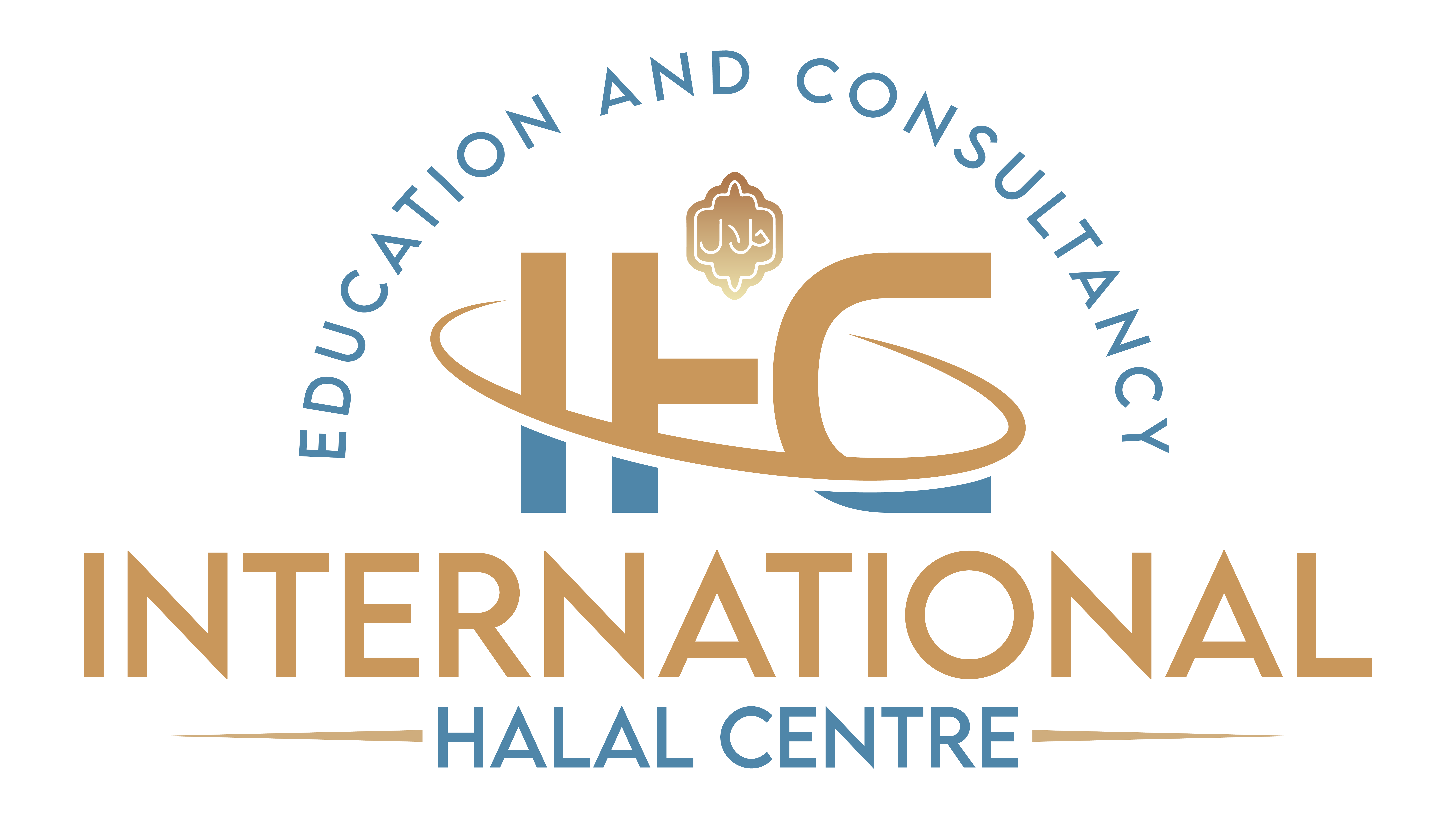Despite the growing prominence of Halal practices in global industries, many misconceptions continue to surround the concept. These misunderstandings can create confusion for businesses and consumers alike, leading to missed opportunities and misinformed decisions. As the demand for Halal-certified products rises across food, cosmetics, and pharmaceuticals, it’s crucial to separate fact from fiction.
In this blog post, we will debunk five common myths about Halal and provide clear explanations to help businesses and individuals gain a more accurate understanding. Whether you’re an entrepreneur exploring Halal certification or someone curious about its principles, this article will give you valuable insights into compliance and best practices.
Myth 1: Halal is Only About Food
One of the most widespread misconceptions is that Halal only applies to food. While Halal food is a critical aspect, the principles extend far beyond what we eat. Halal compliance also applies to industries such as cosmetics, pharmaceuticals, logistics, and even finance. For example, Halal-certified cosmetics ensure that ingredients and production processes meet ethical guidelines, avoiding prohibited substances like alcohol or animal byproducts.
Businesses in these industries should recognize that adopting Halal principles can open new markets and attract a diverse customer base. Halal encompasses ethical practices that resonate with consumers seeking high-quality and responsibly produced goods.
Myth 2: Halal Certification is Expensive and Complicated
Many businesses avoid certification because they believe it is overly costly or involves a lengthy, complex process. In reality, the cost and complexity of certification depend on the scale and type of business. Small and medium-sized enterprises (SMEs) can achieve certification affordably, especially with the support of experienced consultants who simplify the process.
Certification generally involves evaluating ingredients, production methods, and supply chains. By partnering with a reputable certification body or consultancy, businesses can streamline the process, ensuring compliance without unnecessary hurdles. The long-term benefits, such as access to new markets and increased consumer trust, far outweigh the initial investment.
Myth 3: Halal and Organic Are the Same
Another common myth is that Halal and organic certifications are interchangeable. While both emphasize quality and safety, they have distinct focuses. Organic certification prioritizes environmental sustainability, prohibiting synthetic pesticides and genetically modified organisms (GMOs). Halal certification, on the other hand, ensures that products comply with Islamic principles, avoiding substances like alcohol or pork derivatives.
Although Halal and organic can overlap, they are not synonymous. A product can be organic but not Halal, or Halal but not organic. For businesses targeting Muslim consumers, understanding this distinction is vital to market products effectively.
Myth 4: Halal is Only for Muslim Consumers
Another widespread belief is that Halal-certified products are only relevant to Muslim consumers. While it is true that Muslims prioritize Halal compliance, non-Muslim consumers are increasingly drawn to Halal products due to their perceived quality and ethical production standards. For example, Halal-certified foods are often seen as cleaner and more hygienic because of strict processing guidelines.
This growing appeal among non-Muslims creates significant opportunities for businesses to expand their customer base. Highlighting the universal benefits of Halal, such as ethical sourcing and superior quality, can attract a broader audience and enhance brand reputation.
Myth 5: Halal Certification is Only for Large Companies
Small businesses often assume that Halal certification is only practical or beneficial for large corporations. In reality, SMEs can gain significant advantages by obtaining certification. Many Muslim consumers actively support small and local businesses, provided their products meet Halal standards.
The certification process can be tailored to businesses of all sizes, ensuring that even small-scale producers can achieve compliance. By obtaining certification, smaller businesses can stand out in competitive markets and build trust with Muslim consumers, locally and globally.
Addressing the Myths: Why Halal Compliance Matters
| Myth | Reality |
|---|---|
| Halal is only about food. | Applies to food, cosmetics, pharmaceuticals, and even logistics. |
| Certification is costly. | Affordable and accessible with expert guidance. |
| Halal and organic are the same. | Focuses on Islamic principles, while organic emphasizes sustainability. |
| Only Muslims need it. | Valued by non-Muslims for quality and ethical production. |
| Only large companies benefit. | SMEs can achieve compliance and gain significant advantages. |
Conclusion
Understanding and addressing these common misconceptions about Halal practices is essential for businesses and consumers alike. Halal certification is not limited to large companies or Muslim-majority markets; it is a growing global standard that offers immense opportunities for businesses of all sizes and industries.
By debunking these myths, businesses can better understand the value of compliance and its potential to attract a wider audience. Whether you’re a small business owner or a multinational corporation, embracing Halal principles can open doors to new markets, build trust, and align your brand with ethical and high-quality production standards. It’s time to look beyond the myths and explore the real benefits of Halal certification.



